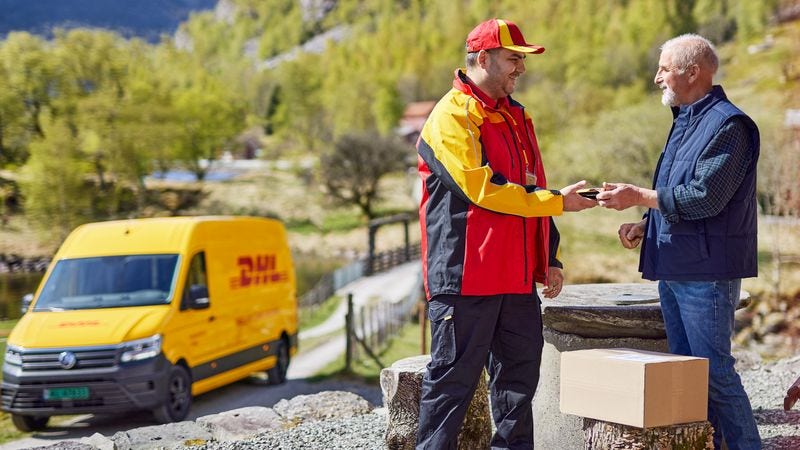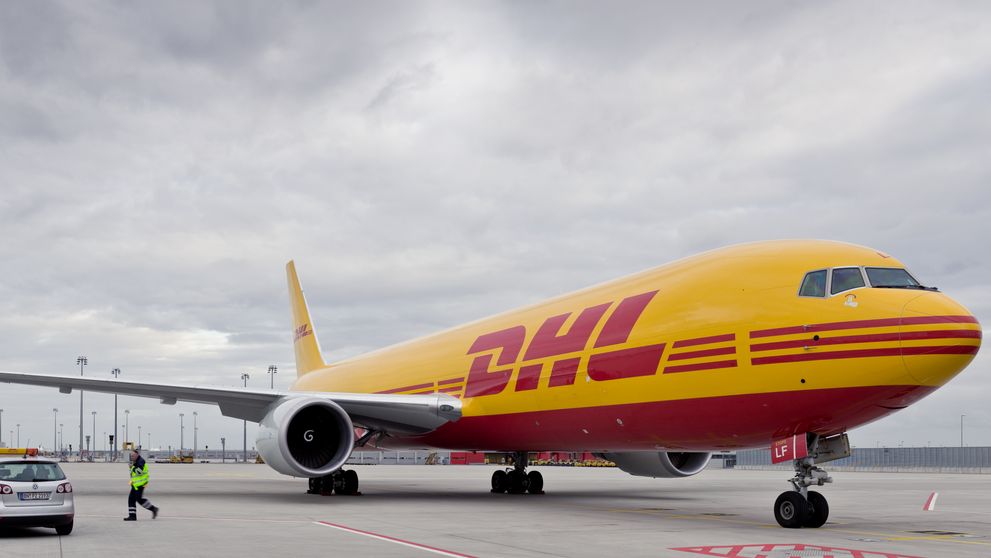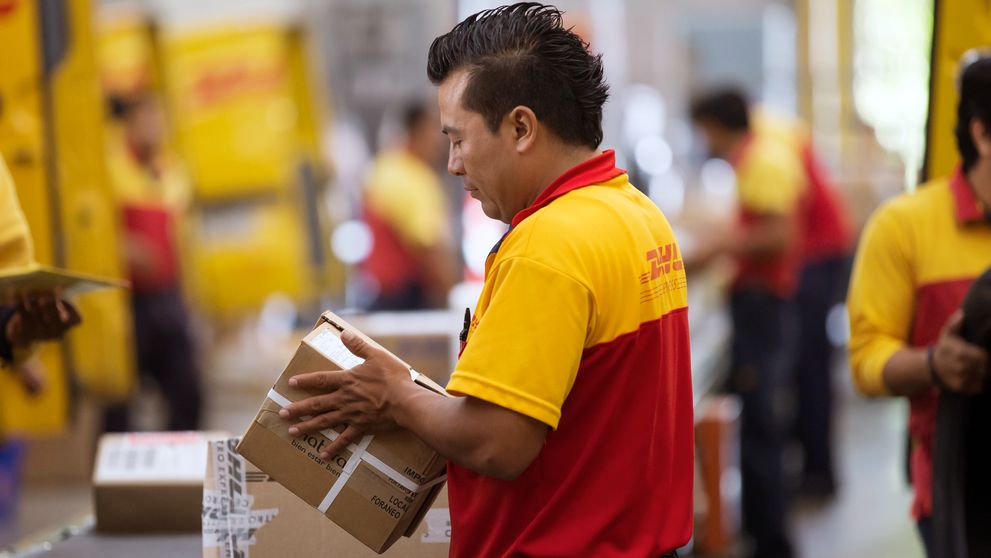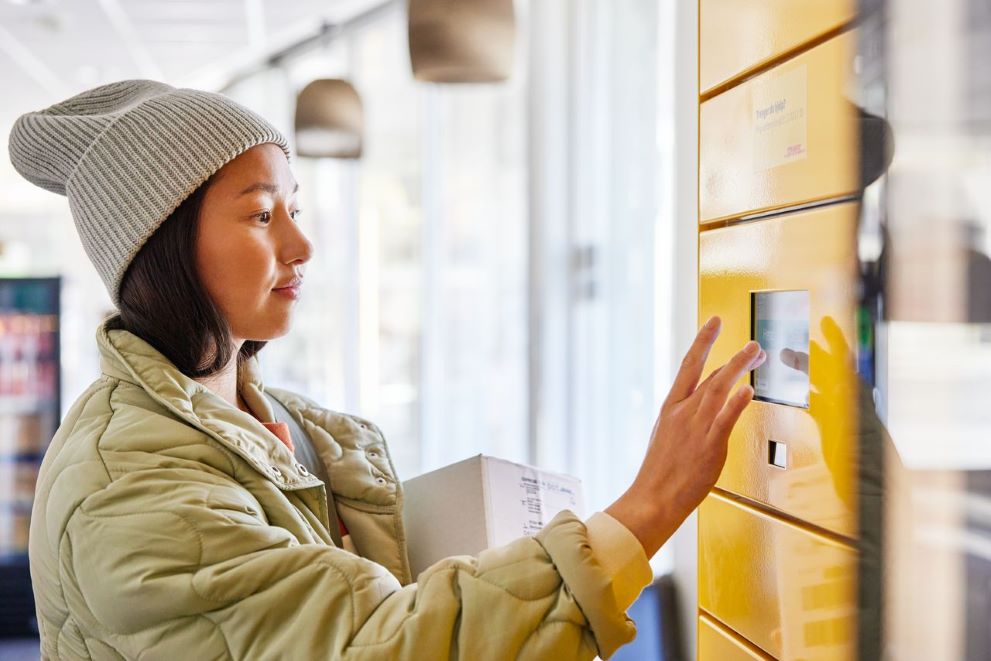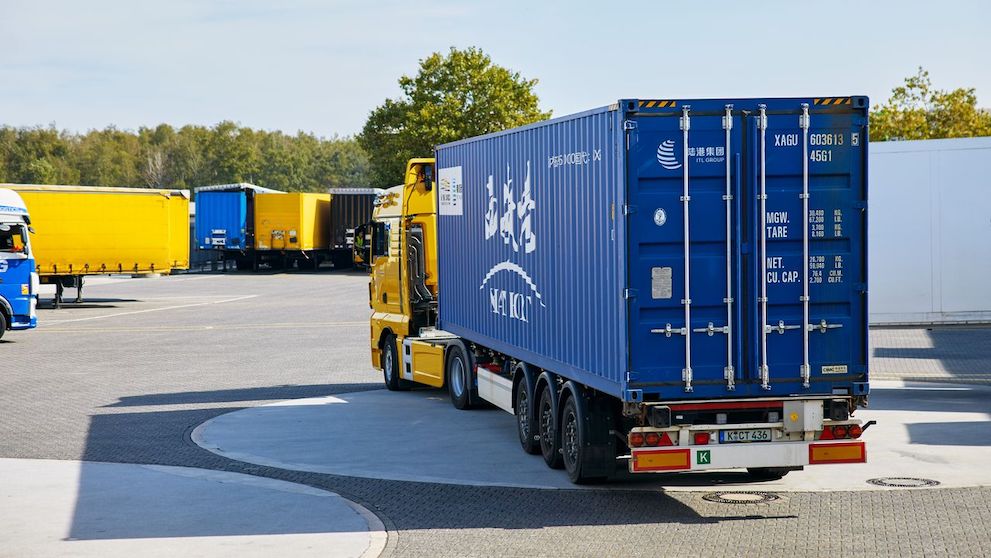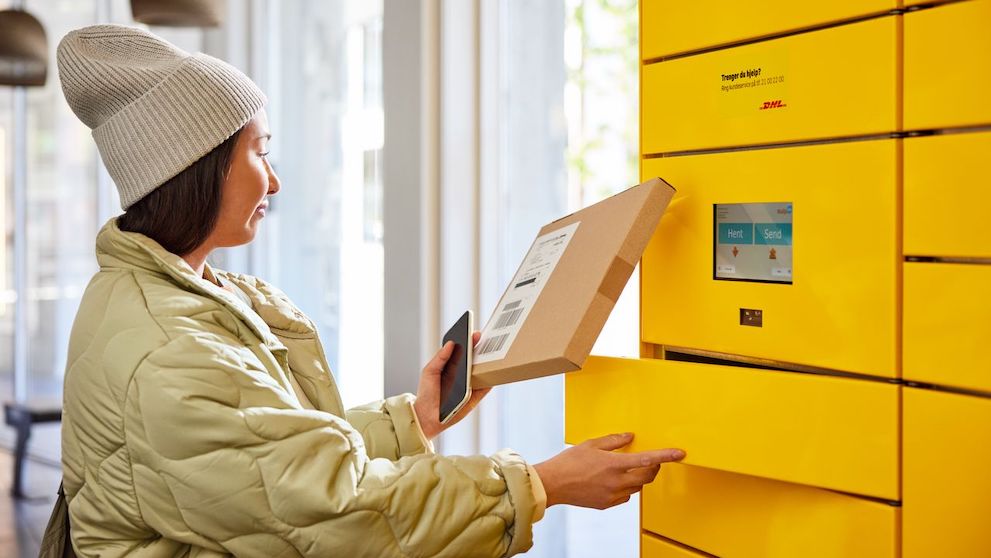Tip 2: Familiarise yourself with the necessary shipping documentation
Navigating the maze of required shipping documentation can be daunting, especially when exporting to a country like Germany, known for its rigorous customs procedures. The importance of documentation cannot be overstated: it serves as a legal record of the transaction, ensures that your shipment is handled appropriately at every stage, and guarantees compliance with international laws and regulations. Failing to provide correct and complete paperwork can result in costly delays, fines, or even confiscation of goods. Depending on the type of goods, some required documents include - but are not limited to:
- Single Administrative Document (SAD): Every item imported into the EU needs to be reported to the customs officials in the destination country using the SAD. This standardised form is used for import declarations across all EU member states and is generally filled out by either the importing parties or their authorised representatives.
- Air waybill: The unique identity of the shipment, providing vital information such as the consignor and consignee's addresses and contact details, and goods description. This is crucial for tracking your shipment.
- Commercial Invoice: Details the goods being shipped and their value, along with terms of trade.
- Certificate of origin: Confirms the goods' production country, impacting tariff rates and trade restrictions.
- Other import documents: Some examples are import licenses, test results and other certificates, inspection certificates (such as health, veterinary or plant-health certificates), Material Safety Data Sheet - MSDS (required for hazardous chemical imports), and so on.
DHL Express, with its extensive expertise in customs procedures, can assist businesses that intend on importing goods into Germany, ensuring a hassle-free international shipping process.
Tip 3: Familiarise yourself with customs duties and taxes for import to Germany
Understanding Germany's customs regulations is vital for any Vietnamese business looking to expand its market there. The Value Added Tax (VAT) is applicable to most goods and services entering Germany. The standard VAT rate in Germany is 19%, although there are reduced rates for certain categories of goods.
Also significant are the import duties that may apply to your goods, and generally range between 0% to 15% – depending on their classification under the Harmonized System (HS) code.
When calculating international express shipping costs, you will want to familiarise yourself with the De Minimis threshold – the minimum value of goods below which no import duties or taxes are levied.
In Germany, the De Minimis value is €150. Goods valued below this threshold can generally enter Germany duty-free and tax-free, which could be a strategic advantage for Vietnamese businesses shipping low-value goods.
Another important aspect to consider is the role of free trade agreements (FTAs) and preferential trade schemes between Vietnam and Germany or the EU. The EU-Vietnam Free Trade Agreement (EVFTA), effective since August 1, 2020, significantly eases trade between Vietnam and EU member states, including Germany.
About 84% of EU imports from Vietnam are duty-free under the EVFTA, positively impacting sectors such as pharmaceuticals and most petrochemicals. This agreement opens doors for Vietnamese businesses in the European market and vice versa.
Tip 4: Identify what can or cannot be shipped
Knowing what items are prohibited or restricted for import into Germany is not just advisable – it's essential. Failure to adhere to these regulations can lead to confiscation of goods, significant fines, and even legal repercussions.
Prohibited items are those that cannot be shipped under any circumstances. On the other hand, restricted items may be shipped but come with specific conditions or restrictions. These items often require a special permit, extra documentation, or adherence to quantity limitations.
For instance, Germany has strict laws concerning the import of products made from endangered flora and fauna, often governed by the Convention on International Trade in Endangered Species of Wild Fauna and Flora (CITES), as stipulated by the European Commission.
If you're a Vietnamese business shipping wood-based products to Germany, securing a phytosanitary certificate is a non-negotiable step. This certificate is especially crucial for wood species not native to the EU. It serves as a formal declaration that the wood has been inspected and found to be free of harmful pests and diseases. Obtaining this certificate is not just a formality; it's essential for smooth customs clearance and adherence to German and EU import regulations.
Tip 5: Use proper packaging and labelling
Proper packaging and labelling are not just essential for the safe transit of your goods but also a requirement under German regulations. Ensuring your packages meet these standards can go a long way in expediting the shipping process.
- Sealing and padding: All packages must be adequately sealed and cushioned to prevent damage during transit.
- Eco-friendly packaging: The use of environmentally responsible packaging materials is highly encouraged by German customs.
- Detailed labelling: Proper labelling should include essential details such as the package's contents, the sender's and receiver's information, and any needed permits or certificates. For goods subject to EU health, safety, or environmental regulations, include the CE marking to signify compliance. This is crucial for items like electronics, machinery or toys.
Choose DHL Express as your preferred international express shipping provider
In the dynamic and often complex landscape of international shipping, especially in the crucial trade lane between Vietnam and Germany, it's paramount to choose a logistics partner you can trust. DHL Express emerges as the unrivalled leader in this space, offering a host of benefits that make it the premium option for express international shipping to Germany, including:
- Speed and reliability: DHL Express is synonymous with rapid and reliable service. With our extensive global network and logistics capabilities, you can be assured that your shipments will arrive on time, every time.
- Expertise in customs and documentation: Navigating through German customs can be a challenging task. DHL Express offers unparalleled expertise in customs regulations and documentation requirements, helping you avoid delays and potential penalties.
- Ease of use with MyDHL+ shipping platform: Managing your shipments is a breeze, thanks to the MyDHL+ platform. This user-friendly online tool allows you to organise essential documents, schedule pickups and track shipments – all from the comfort of your desk.
- Door-to-door services: From pickup to delivery, DHL Express offers comprehensive door-to-door services that streamline the entire shipping process, freeing you to focus on what you do best – running your business.
- Tracking and monitoring: With DHL Express, you're never in the dark. With our track & trace feature, you can track your shipments every step of the way, ensuring total transparency and peace of mind.
For businesses unfamiliar with German customs, partnering with DHL Express Vietnam can be a game-changer. Our assistance can be particularly invaluable for new or smaller businesses still getting to grips with international shipping protocols.
So why wait? Open a DHL Express business account today and take your Vietnam-based business to new international heights.

